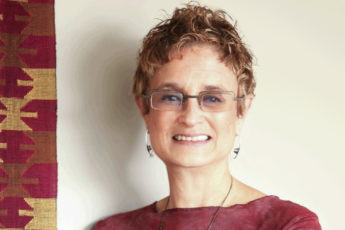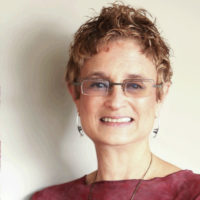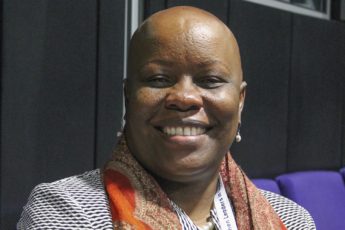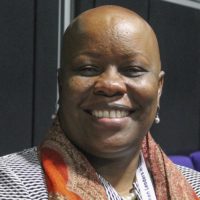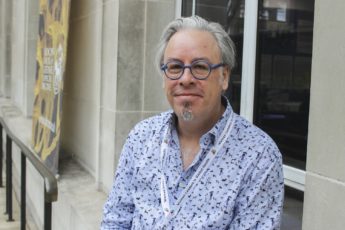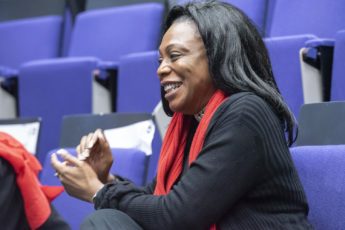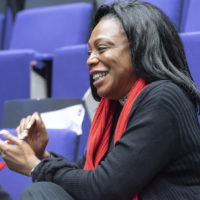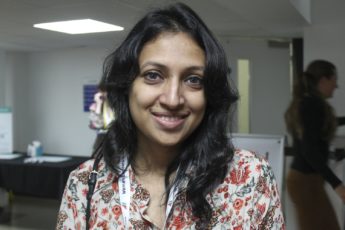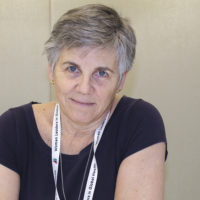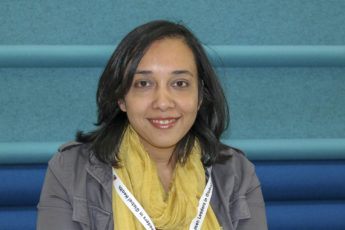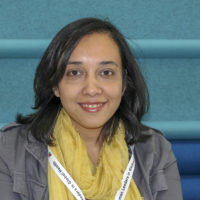Conference develops women as leaders in global health
In health care worldwide, women make up 75 percent of the work force but hold less than 25 percent of leadership positions. Ministers of health and corporate executives – largely male – determine which research projects are funded, which services are provided, and how the workforce is deployed. In health care, the lack of diversity at the top often means the concerns of women and children are overlooked.
Michele Barry, a professor of medicine and director of Stanford’s Center for Innovation in Global Health, launched the Women Leaders in Health conference to address the discrepancy. More than 400 women from 79 countries attended the first conference, held at Stanford in 2017. This year, more than 900 people attended the event at the London School of Hygiene and Tropical Medicine. Thousands more watched the livestream.
Conference-goers reflected on their experiences and the value of community.




